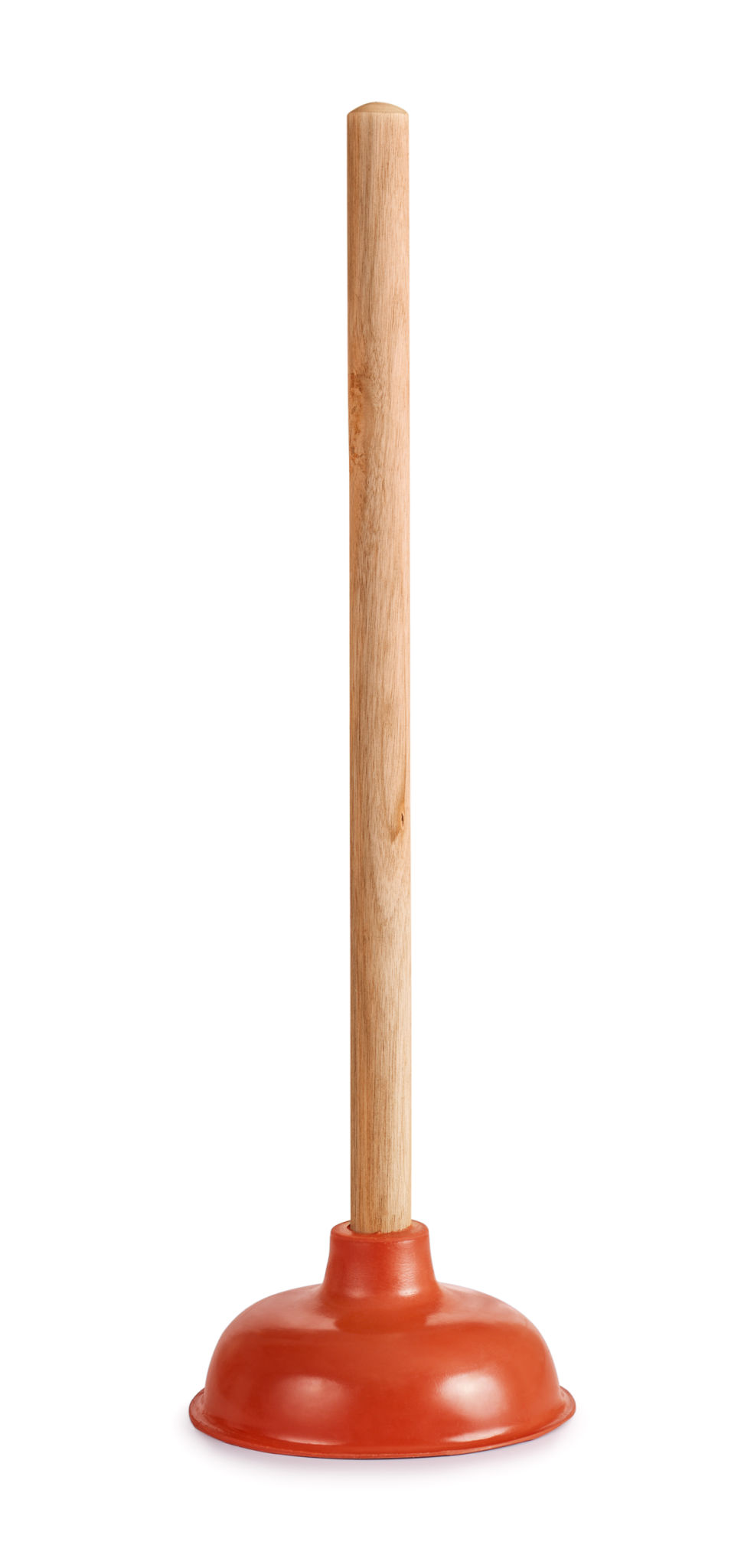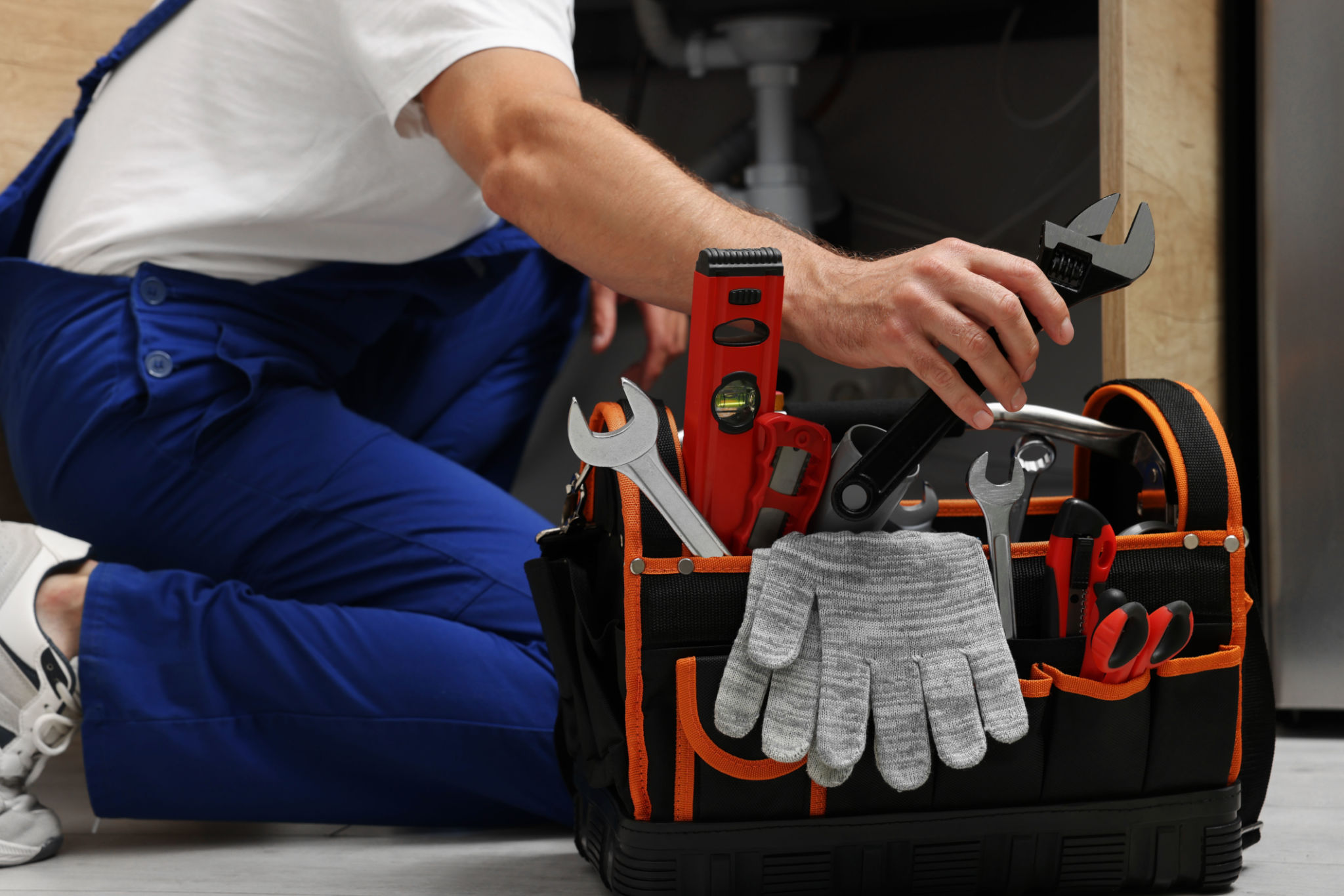DIY Drain Cleaning Tips for Homeowners in Fairfield County
Understanding Your Drain System
As a homeowner in Fairfield County, maintaining a functional plumbing system is essential to avoid the inconvenience of clogged drains. Understanding your drain system is the first step towards effective maintenance. Drains can become clogged due to various reasons, including hair, soap scum, grease, and food particles.
Regular maintenance is key to preventing blockages. By keeping an eye on what goes down your drains, you can significantly reduce the risk of clogs. Let's explore some DIY drain cleaning tips that can help you maintain a smooth-running drainage system in your home.

Tools You’ll Need
Before you begin cleaning your drains, gather the necessary tools. Having the right equipment on hand will make the process more efficient and effective. Here's a list of tools you might need:
- Plunger
- Drain snake or auger
- Baking soda and vinegar
- Rubber gloves
- Bucket
With these tools at your disposal, you're ready to tackle most common household drain issues.
Using a Plunger
A plunger is a simple yet powerful tool for clearing minor clogs. To use a plunger effectively, ensure there is enough water in the sink or tub to cover the suction pad. Place the plunger over the drain and push down firmly, then pull up sharply. Repeat this motion several times until the clog is dislodged.
If you're dealing with a double sink, block the other drain with a wet cloth to create enough pressure. This method is particularly effective for bathroom sink drains and shower drains.

The Power of Baking Soda and Vinegar
Baking soda and vinegar are natural cleaning agents that can help dissolve clogs without damaging your pipes. Pour half a cup of baking soda down the drain, followed by half a cup of vinegar. Cover the drain with a plug or cloth to contain the reaction. Wait about 15 minutes, then flush the drain with hot water.
This method is effective for mild clogs and can also serve as a regular maintenance routine to prevent future blockages.
Using a Drain Snake or Auger
For more stubborn clogs, a drain snake or auger can be quite effective. Insert the snake into the drain and turn the handle to break up the blockage. As you encounter resistance, push gently but firmly to clear the obstruction.
Once the clog is cleared, run hot water through the drain to ensure it's completely open. This tool is especially useful for kitchen sinks where food particles often cause blockages.

Maintenance Tips
Preventing clogs is easier than dealing with them after they occur. Here are some maintenance tips to keep your drains clear:
- Avoid pouring grease or oil down the kitchen sink as they solidify and cause clogs.
- Use a drain strainer to catch hair and food particles before they enter your plumbing system.
- Run hot water down your drains regularly to help dissolve any potential build-up.
By incorporating these simple habits into your routine, you can prolong the life of your plumbing system and avoid unnecessary repairs.
When to Call a Professional
While DIY methods can be highly effective for minor clogs, there are times when professional help is necessary. If you've tried several methods without success, or if you notice slow draining across multiple fixtures, it may be time to call in an expert plumber.
Professional plumbers have specialized tools and expertise to handle complex issues that DIY methods cannot resolve. Don't hesitate to seek help if needed to ensure your home's plumbing system remains in top condition.

